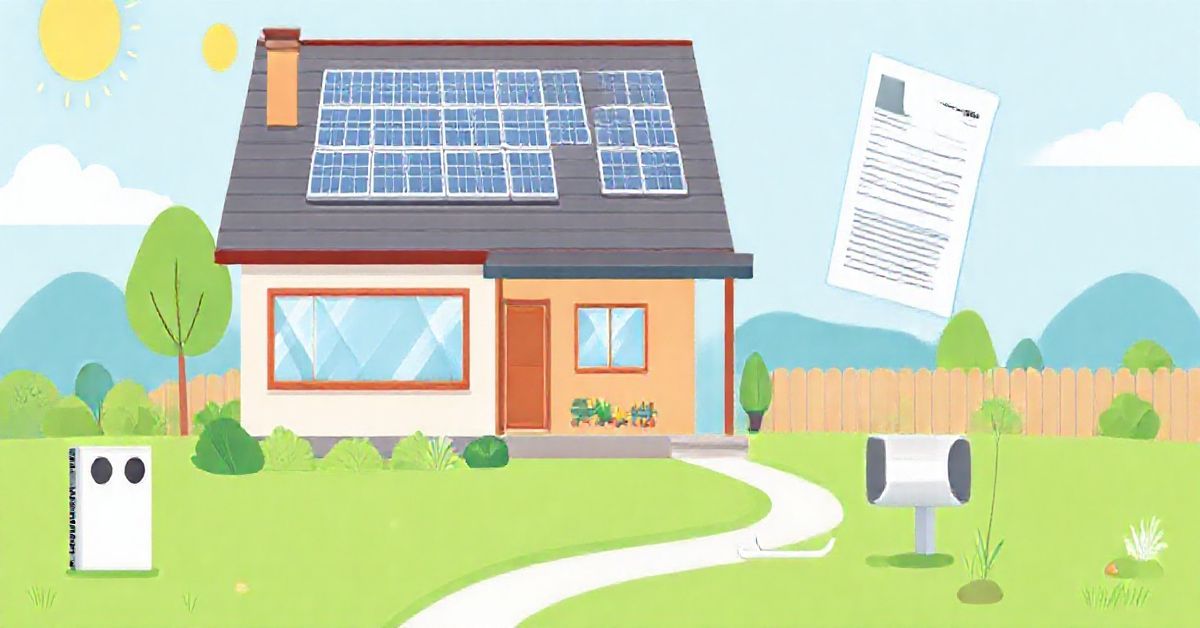Form 5695 – Residential Energy Credits (reiterated due to relevance to homeowners)
What is Form 5695 and How Can It Save Me Money on My Taxes?
Form 5695, Residential Energy Credits, is an IRS tax form that homeowners can use to claim tax credits for certain energy-efficient improvements made to their homes. It helps taxpayers reduce their tax liability by providing a credit for investments in renewable energy and energy-efficient upgrades.

